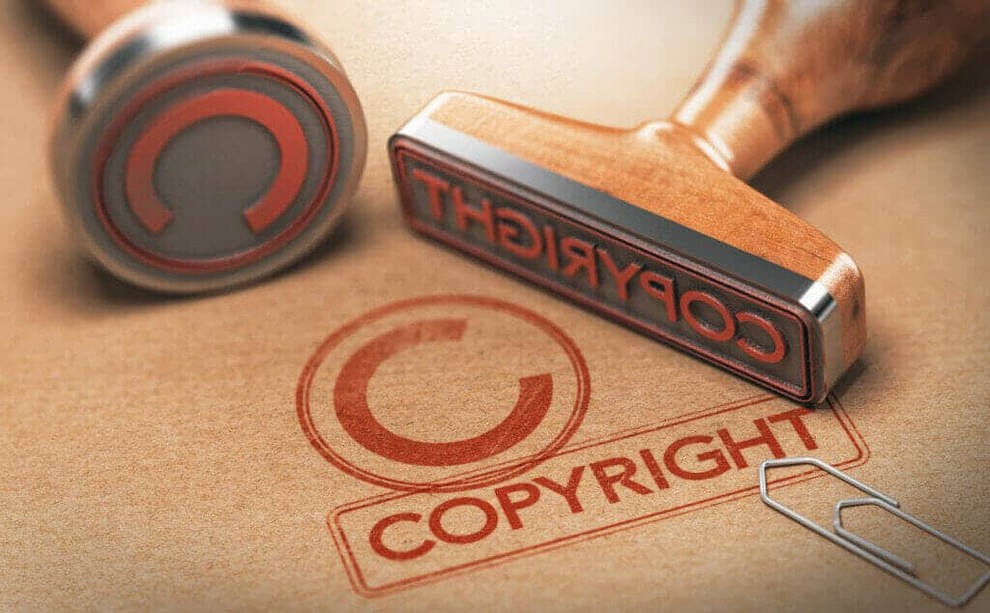On March 26, European Union’s Parliament surpassed a copyright regulation that many suppose could alternate how content is used and disseminated at the World Wide Web, which sarcastically and quite curiously became 30 this month. Wikipedia founder Jimmy Wales, arguably the maximum favorite critic of the new EU law, tweeted that “You, the Internet user, have misplaced a large warfare today.” According to Wales, the free and open internet is being quickly handed over to corporate giants on the fee of everyday people. And he isn’t alone. World Wide Web founder Tim Berners Lee termed the law “a coming near hazard to the future of the internet.”
But the EU regulation — which arrived following a almost three-yr call for to reform EU’s copyright laws that many agencies and activists felt became caught in a time warp and had snowballed into controversy even when European lawmakers had been discussing it as many thought it’d bring memes (parody content material) and gifs below copyright — has famous supporters as well. Beatles megastar Sir Paul McCartney started the new regulations that could assist musicians within the digital age in benefitting their fair share of royalties and rights from the generation companies that have been using such content at will and free of value.

On their part, the EU lawmakers say the regulation is the want of the hour. The EU commissioners — Andrus Ansip and Mariya Gabriel — who mooted the brand new law said it’d improve Europe’s creative industries, which constitute 11.65 million jobs, 6.8 according to cent of GDP, and are worth €915,000 million a yr. EU member-states can take their call at the law and have a -year window to behave on it.
All that sounds kosher; however, it’s miles a fact that Article 11 and Article thirteen of the new law will throw a spanner inside the Web’s works, particularly how person-generated content material is uploaded on systems including YouTube. Even although the debatable new directive has spared memes (parody material that characteristic stills and video footage from movies, books, and so forth.) and the Graphics Interchange Format or GIF (a brief, animated video), the brand new framework will turn out to be imperiling the way human beings use copyrighted material online.
Articles 11, 13
To recognize how it is essential to understand how Articles eleven and 13 indeed paintings. While Article 11 says, search engines like google and yahoo like Google and news curation structures (again, Google News) need to pay to apply links from news websites. The more contentious Article thirteen wants to take large era corporations to assignment for all non-copyrighted content appearing on their structures. Article thirteen essentially offers how online content material-sharing offerings need to cope with content material (movie clips to information testimonies) for which a person holds the copyright. It says such services should license copyrighted cloth from the official rights holders. And that’s less complicated told than completed in the considerable universe of the Web.
The Article covers pretty lot all offerings that help humans surf for stuff this is uploaded online, and that might consist of YouTube, Soundcloud, Vimeo, etc., even though there are a few exceptions which include online encyclopedia that doesn’t include goal income (just like the wikis), open-source software program development systems, cloud garage services, online marketplaces, and conversation offerings. The rules are applicable for quite a plenty of all offerings, except those who might be much less than three years antique in the EU or have an annual turnover of much less than $11.2 million.
